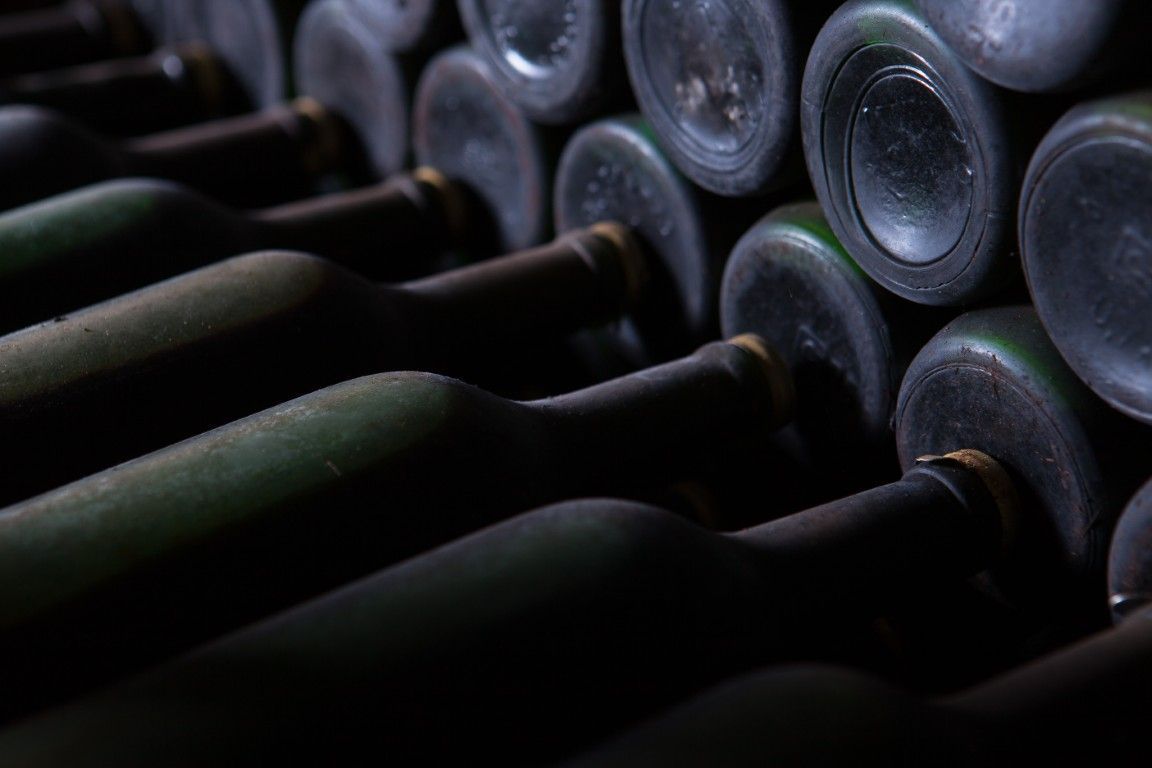Wines like traditional cava or champagne, but also other more modern options like sparkling Albariño, have something in common: the carbon dioxide inside them. Those small ascending bubbles that sparkle inside the glass when served are the hallmark of these wines, and they are the product of a second fermentation.
Choosing a good stopper that preserves both the bubbles and the aroma and flavor is crucial in sparkling wines, but they must also withstand higher pressure inside the bottle. Synthetic corks are an excellent option for several reasons.
Origin of Synthetic Corks for Sparkling Wines
Synthetic corks for wines, sparkling wines, and liquors were born in Italy and France in the mid-1970s as an alternative to cork versions. However, it took about twenty years for their widespread expansion when, thanks to technological advancements and the development of new materials, these stoppers were also used in high-quality beverages.
In Spain, they arrived thanks to companies that bet on innovation, such as Excellent Cork. Gradually, these synthetic alternatives to cork have made their way into the market of sparkling wines. While cork still dominates, it is increasingly common to see plastic stoppers in bottles of these cherished effervescent wines, although their appearance can perfectly imitate the look of cork.
Characteristics and Benefits of Synthetic Corks
Synthetic corks are made of thermally expanded thermoplastic polymers. Since their production began, characteristics like elasticity or density have been greatly improved. They gather several advantages:
- They are completely sterile, so they do not transfer strange flavors or chemical or biological contamination. This is important in delicate sparkling wines.
- They are excellent insulators and perfectly preserve carbon dioxide bubbles, preventing them from evaporating prematurely.
- Being plastic, they do not absorb moisture, so they do not dry out or deteriorate over time. This gives them long-lasting durability.
- They uncork easily, making them very convenient to use.
- They do not alter the organoleptic qualities of the sparkling wine at all; its aroma and flavor remain intact.
- They completely eliminate the dreaded cork taste that sometimes appears in wines due to the natural material itself.
- They are ecological and easy to recycle once used.
Types of Synthetic Corks for Sparkling Wines
Basically, there are two main varieties of synthetic corks for sparkling wines:
- Inner synthetic corks: these are the most common, inserted into the bottle’s neck, just like cork stoppers. They provide a highly hermetic and secure seal.
- Screw or crown caps: these screw or snap onto the outside of the bottle neck. They are ideal for preserving effervescence in highly bubbly wines.
In any case, both types of synthetic corks are an excellent alternative to traditional cork in sparkling wines, where retaining carbon dioxide gas is essential.
Advantages of Synthetic Corks in Sparkling Wines
In addition to the aforementioned general advantages, synthetic corks present specific benefits applicable to sparkling wines:
- They preserve gas bubbles for months or years. The wine maintains all its effervescence intact.
- They completely prevent premature oxidation of the wine, thanks to their hermetic seal.
- They completely prevent carbon dioxide leaks during production and bottle aging. The process is safer.
- They allow for long transports, which often shake the bottles, without the wine losing gas and pressure.
- They provide a modern and current image to sparkling wines, in line with new trends.
How to Choose the Best Synthetic Cork for Sparkling Wines
Finally, we will give some advice when selecting the ideal synthetic cork for a sparkling wine. Consider:
- The degree of effervescence of the wine. The more bubbly it is, an outer screw cap might be better.
- The estimated aging and storage time. Synthetic corks are more suitable for quickly consumed sparklings, not meant for long-term storage.
- The bottle and its neck. The cork must fit perfectly to seal it.
- The desired ease of opening. Screw caps are more convenient as they do not require a corkscrew, but inner corks are often more appreciated.
- The image you want to convey. Synthetics may offer more customization options.
Synthetic corks play a very important role in the wine industry. Contact Excellent Cork to discover our entire catalog of synthetic corks for all types of wines.





